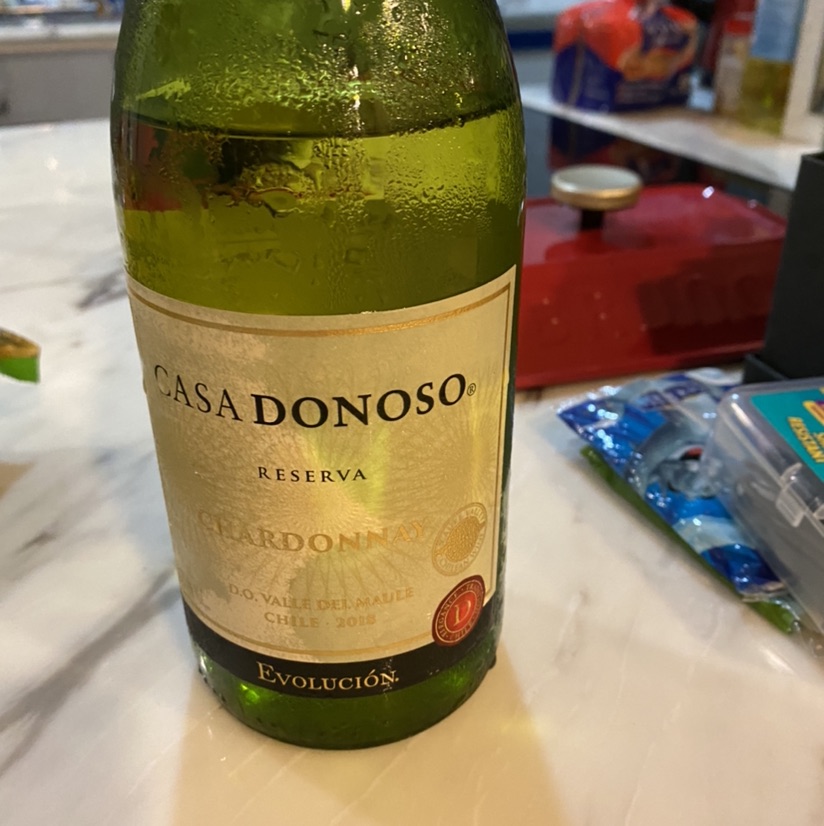
RonL
No personal profile
217Follow
8Followers
0Topic
0Badge
$Tiger Brokers(TIGR)$Deader than a dodo
Flying soon?
Come on!
Like n comment
Will the Stock Market Selloff Get Worse? Watch This Number.
Cham Liao
Like n comment
Sorry, the original content has been removed
$Tiger Brokers(TIGR)$Stonks
Like pls
Sorry, the original content has been removed
Like n comment
Sorry, the original content has been removed
$Tiger Brokers(TIGR)$Can only wait now
Coins
Time to buy
Like n comment
U.S. stocks close lower on worries over recovery, corporate tax hikes
Pls like
Sorry, the original content has been removed
Sick tiger.
Like n comment
U.S. equity funds face outflows on growth concerns -Lipper
$Tiger Brokers(TIGR)$Hopeless kitty
Sick cat
Like
Risk of 'hard' stock-market valuation correction is growing, says Deutsche Bank -- here's why
Go to Tiger App to see more news